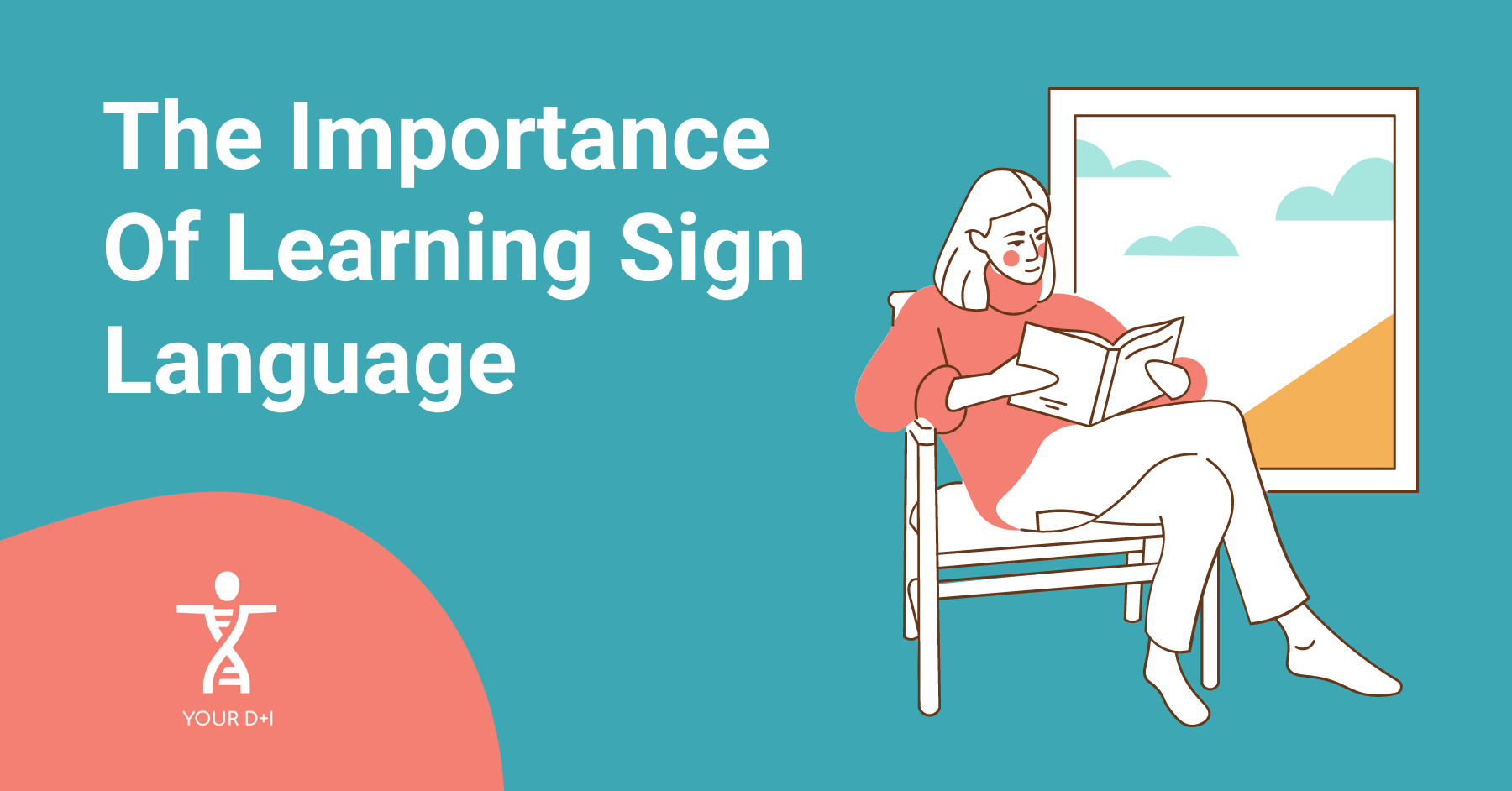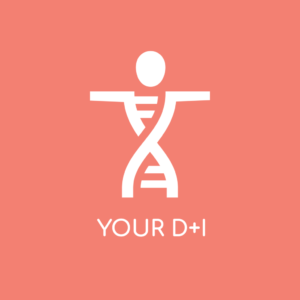The Importance of Learning Sign Language
While researching learning sign language, I found that many people view sign languages as an important ‘skill’ to have. Whilst they aren’t exactly wrong, many articles fail to see sign language for what it is. Sign language is a set of many languages, each with countless dialects and nuances. And these languages allow you to communicate with and be more inclusive of others.
I will be honest: when I first started learning British Sign Language, it was a way to boost my CV. I thought it would be easier than continuing to develop my limited French knowledge from high school. After two weeks, having learned signs for things like the alphabet, numbers, and colours, I was already struggling. I could barely remember how to sign out my own name, and it’s only four letters long! I then found out that the signs for ‘please’ and ‘thank you’ are almost the same sign.
It’s safe to say that I massively underestimated how difficult it would be to learn. This changed my mindset on BSL from being something I was using to boost my CV. It became something I really wanted to complete because it was challenging and making me a more inclusive person.
The need for sign language
The debate as to whether sign language should be taught in schools has been going on for a long time. Over 87,000 people in the UK use BSL as their primary language, and even more use it as a second language. Due to this, I think BSL should be taught even if just as an elective course like French is at GCSE.
Whilst sign language is most used by people with hearing impairments, it also has benefits for autistic people. Some autistic people struggle to develop verbal communication and find sign language easier to learn. For children (autistic or not), it can also be also easier to learn sign language than spoken languages. The muscles in a baby’s hands actually develop faster than their mouths, meaning that signing is easier for early communication.
Sign language and connection
Learning BSL helps to build a stronger connection with people. Despite helping you communicate with people who cannot hear, sign language can also help you become a better listener. This is because sign language requires more concentration on the individual speaking.
It requires you look not only at the speaker’s hand gestures but also their facial expressions and body movements. By even raising your eyebrows, you can completely change a sentence from a statement to a question. You cannot be looking at your phone or doing other things during your conversation. And this can help you build a stronger connection with those you converse with.
By learning BSL, it also helps you learn about Deaf culture and communities. This gives you a better understanding of the challenges that people with hearing impairments face every day. As well as introducing you to the Deaf community, learning sign language makes more communities accessible to Deaf people. Those who are deaf can feel excluded from so many community activities due to the communication barriers.
Just in case
To be honest, though, one of the main reasons to learn BSL is just that it is a beautiful language. It’s expressive, it’s unique and it’s graceful – it’s absolutely beautiful.
I don’t personally know anyone who does use BSL as their primary language. However, I remember a time when I was working in retail and someone who did asked me for help. I didn’t know how to communicate with them. I felt like a typical British person in a foreign country, talking loudly and slowly in the hope they would be able to read my lips. I remember feeling so ridiculous, useless and rude.
I hope that I would now be able to have some kind of conversation with them. And perhaps most importantly, make sure they don’t feel like it’s their fault that I can’t understand them. To me, it is worth learning just in case. It’s because of this that I feel so strongly that BSL is something everyone should know.


